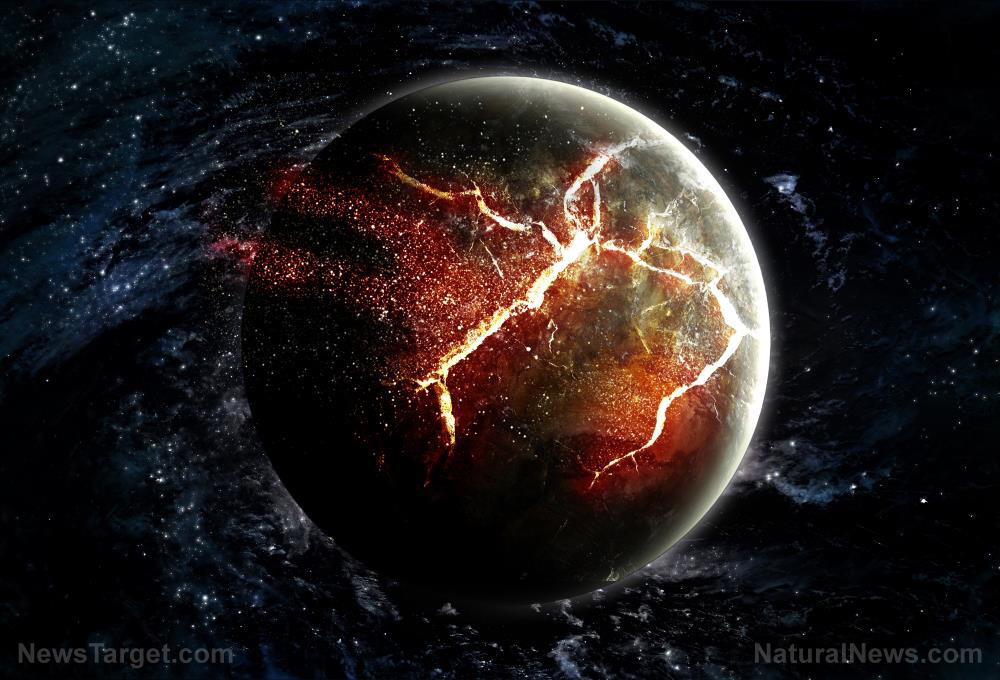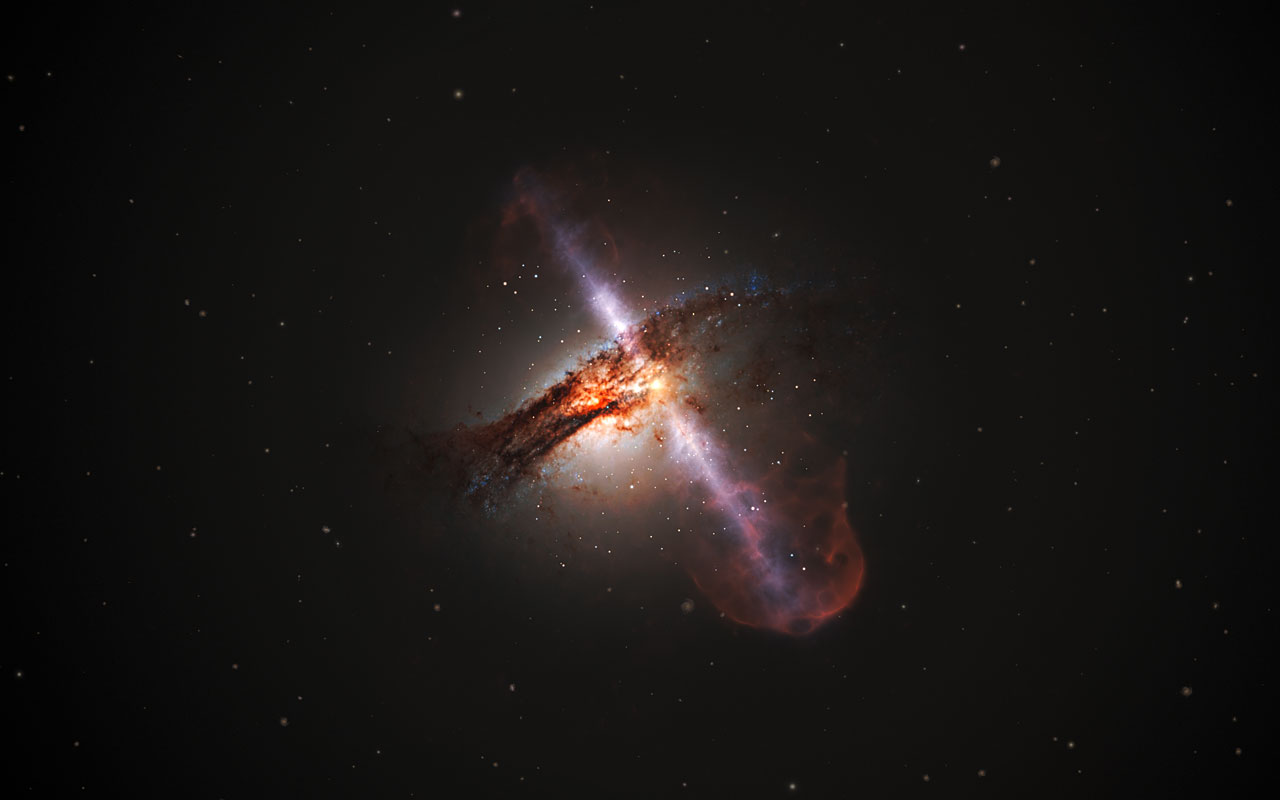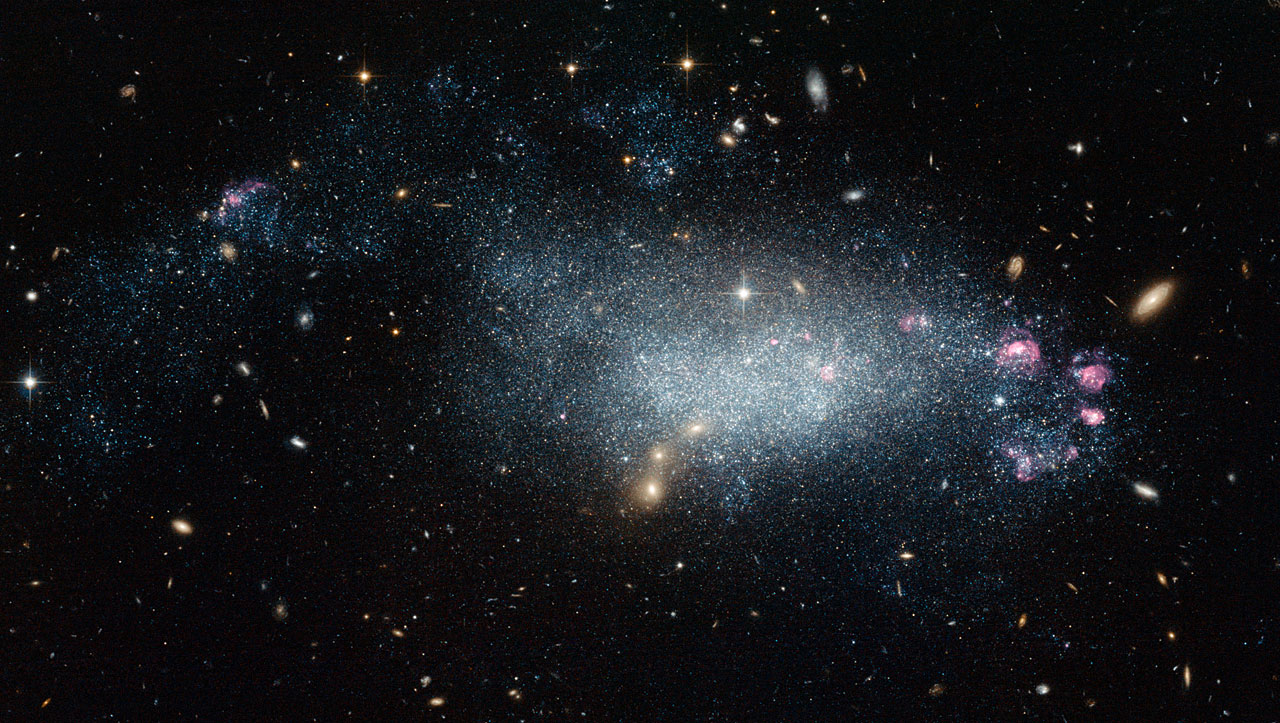
Long ago, Earth got hit by a rogue planet, and the resulting planetary collision ejected what later became the moon into orbit around the now-fused planet. Researchers are now theorizing that the giant impactor also made it possible for life to set root on our planet much later on.
The leading theory behind the formation of the moon posited the previous existence of a planet called Theia. Around the size of Mars, the giant impactor crashed into the recently formed Earth.
The violence of the collision hurled material from both celestial bodies into space. Some of the molten mass fell back on Earth, which by then had swallowed up the much smaller and lighter Theia. Others entered orbit around Earth and came together to form the moon.
Though Theia was long gone, it delivered very important materials to Earth. Rice University researchers theorized that most of the carbon, nitrogen, and sulfur found on our planet came from Theia.
These chemicals are important raw ingredients in the formation of organic life as we know it. Without them, Earth would be a lifeless ball of rock. (Related: Chinese officials recently announced plans to build an artificial moon, which will be 8x brighter than our natural satellite.)
Rocky planets can get the volatile elements needed by life from planetary collisions
Rice researcher Rajdeep Dasgupta helped write the paper detailing the results of his team's experiment. He explained that rocky planets will have a higher chance of getting elements essential to the formation of organic life if they were produced by giant impacts with other planets.
For best results, the giant impactor would have formed in another part of the protoplanetary disk surrounding a newborn star. The elements that made up the impactor would be different from the rocky planet that it collided with.
Three of the most important ingredients for organic life are carbon, nitrogen, and sulfur. These are volatile elements with low boiling points. It was very easy for a newly formed planet or moon to lose most of its supply of such volatile elements due to high temperatures and other factors.
"From the study of primitive meteorites, scientists have long known that Earth and other rocky planets in the inner solar system are volatile-depleted," explained Dasgupta. "But the timing and mechanism of volatile delivery has been hotly debated. Ours is the first scenario that can explain the timing and delivery in a way that is consistent with all of the geochemical evidence."
Though long gone, Theia may have ensured human life on Earth
The Rice research team simulated the high temperatures and pressures during the time when a young planet formed its core. By adjusting the amount of sulfur in the mix, they could control the amount of carbon and nitrogen that got added into the hypothetical core until it matched those of Earth. They also ran more than a billion different computer simulations of the scenario.
The results of their experiment indicated that Earth got its life-supporting mix of volatile elements from a giant impactor that was around the size of Mars, contained plenty of volatile elements – including lots of sulfur in its core – and hit the planet hard enough to form a moon. The results match the current theories about the size and composition of Theia.
The findings will make it easier for researchers to determine if a moon or planet is capable of supporting organic life.
"This removes some boundary conditions," Dasgupta explained. "It shows that life-essential volatiles can arrive at the surface layers of a planet, even if they were produced on planetary bodies that underwent core formation under very different conditions."
Sources include:
Please contact us for more information.





















